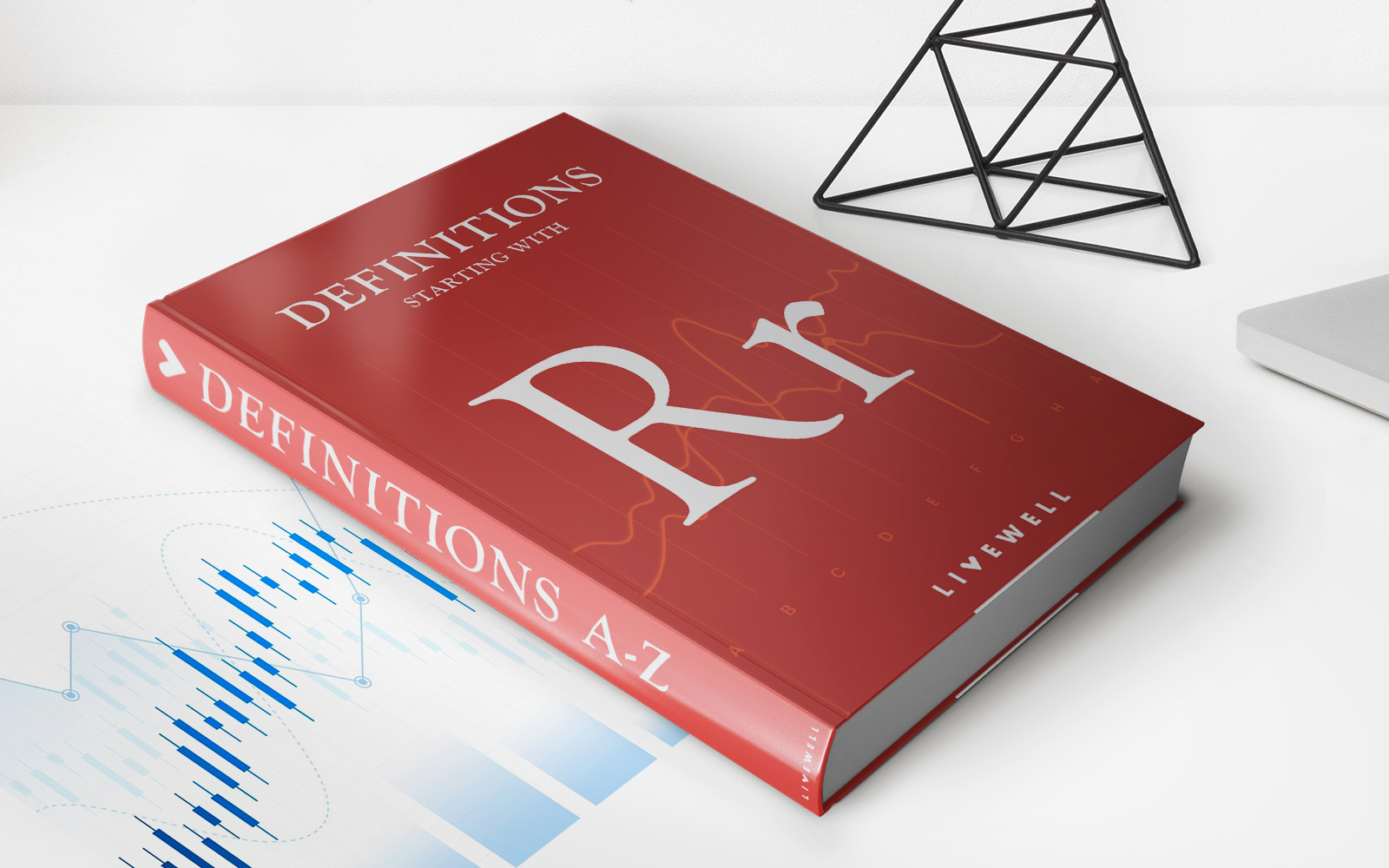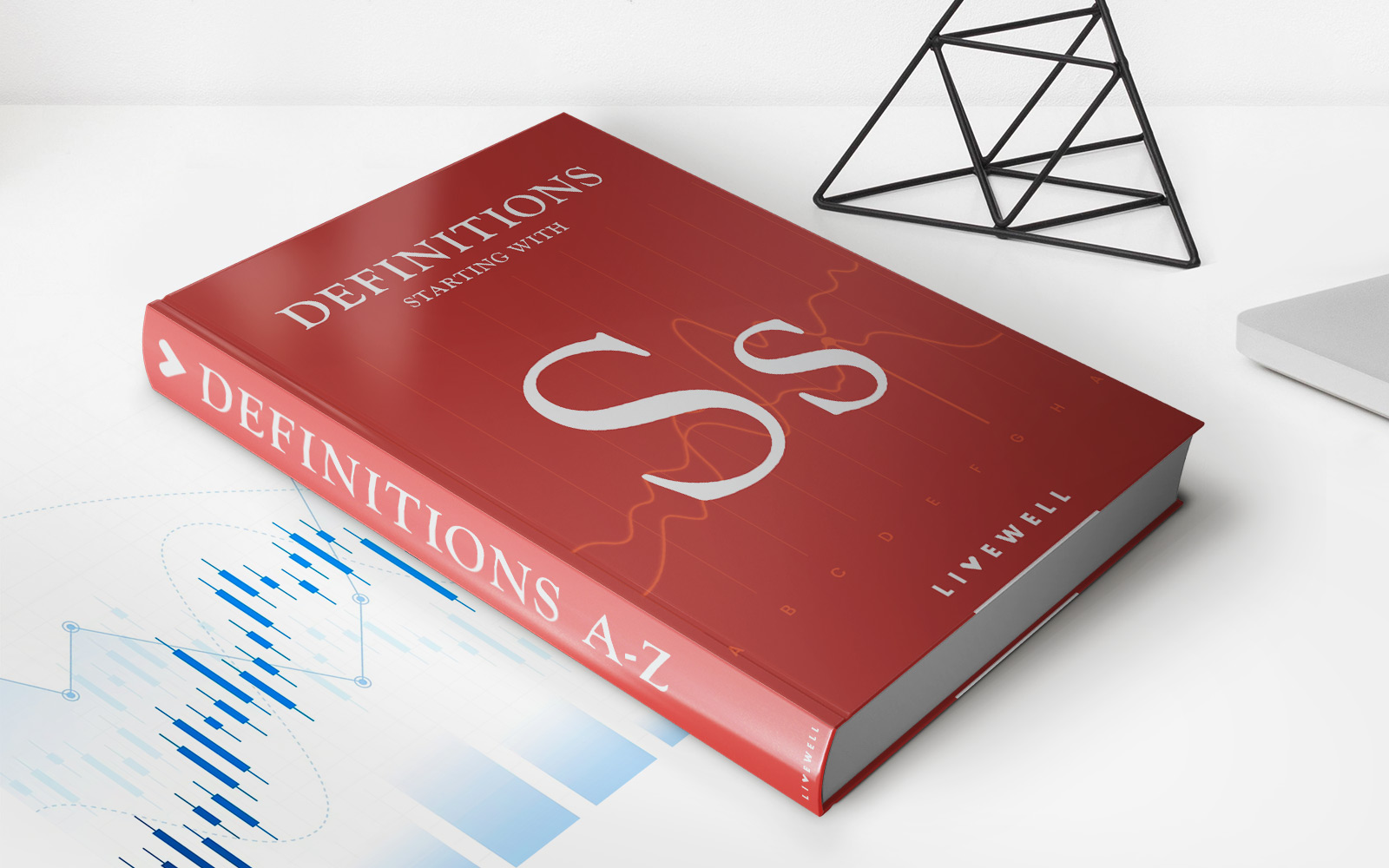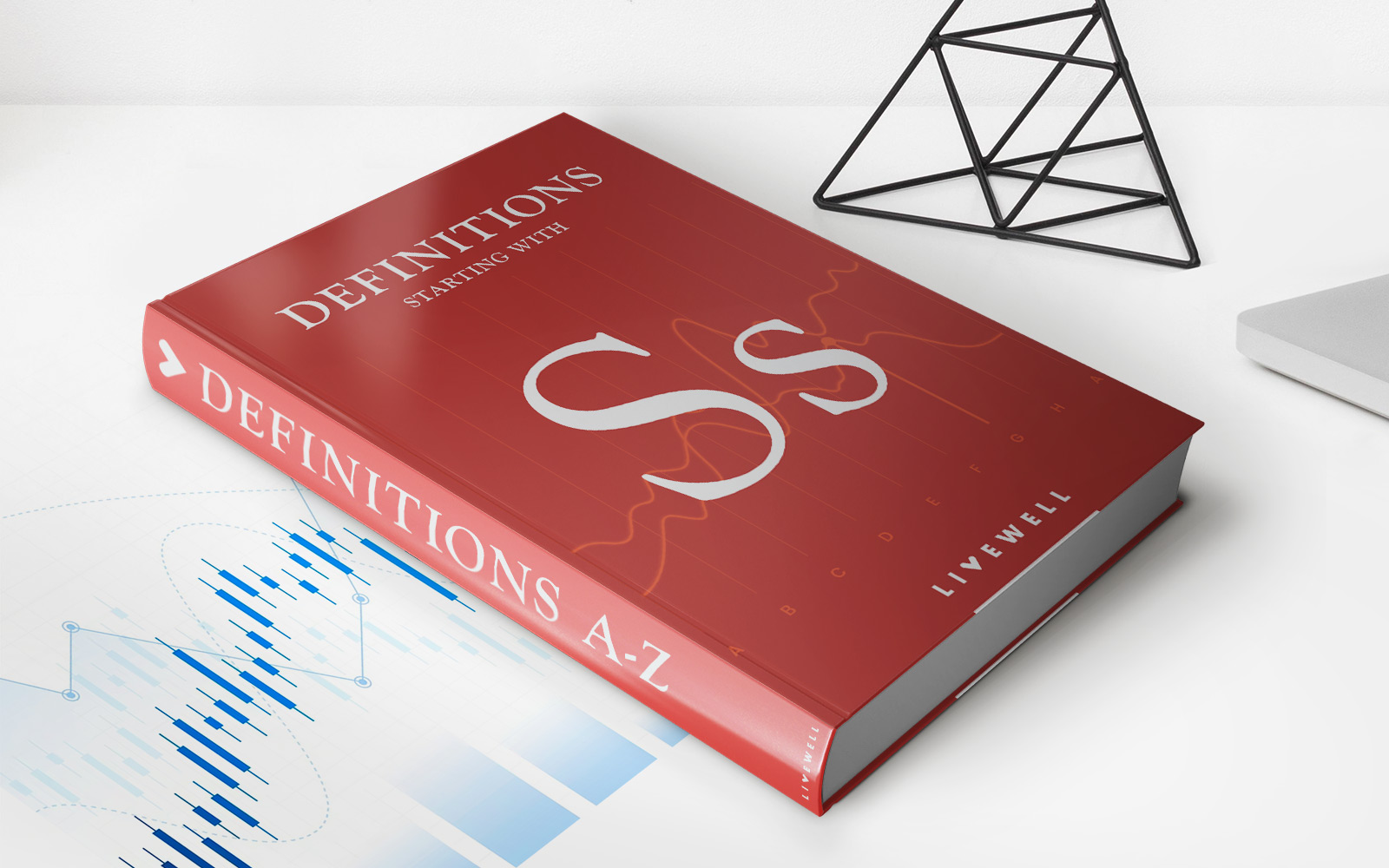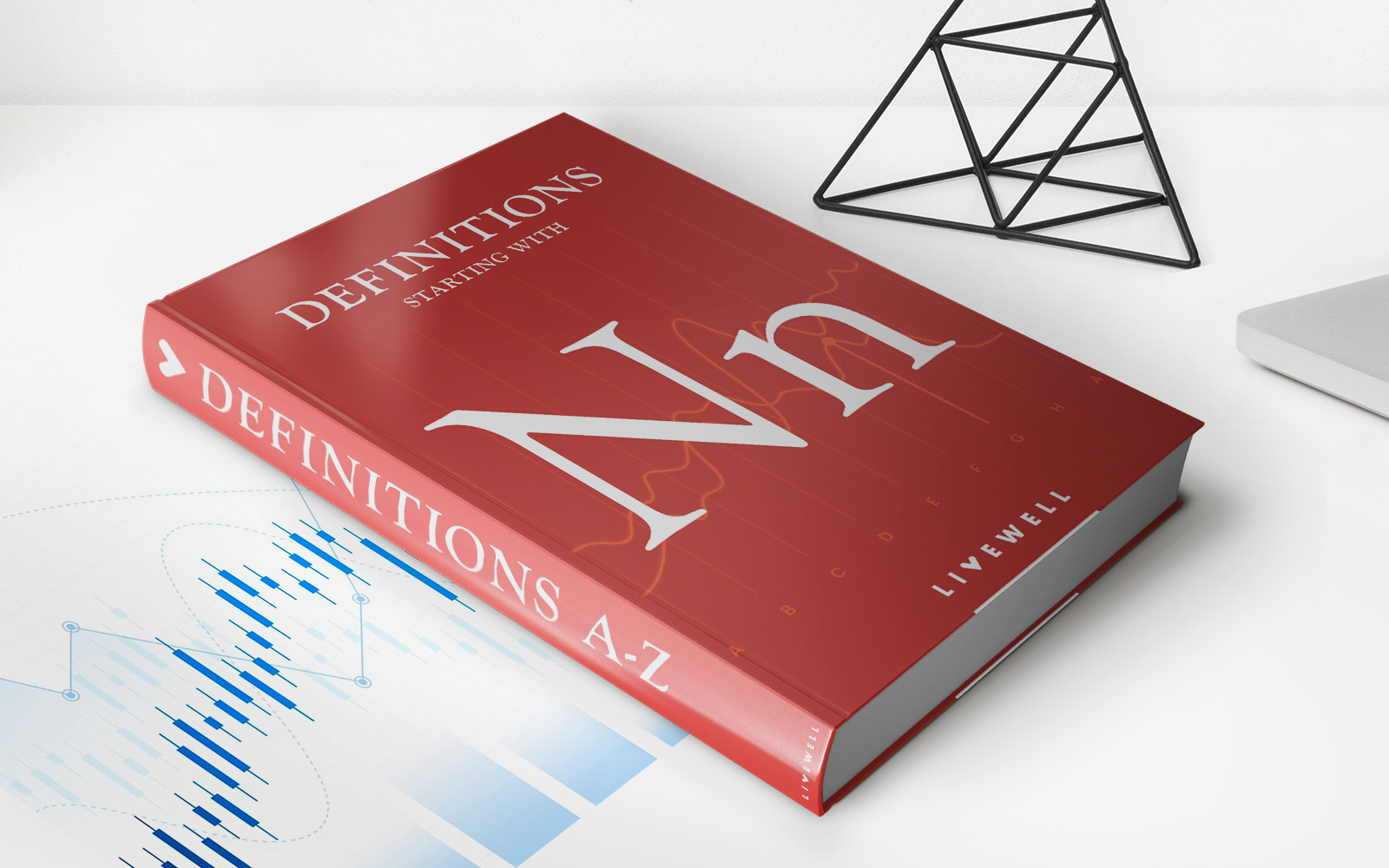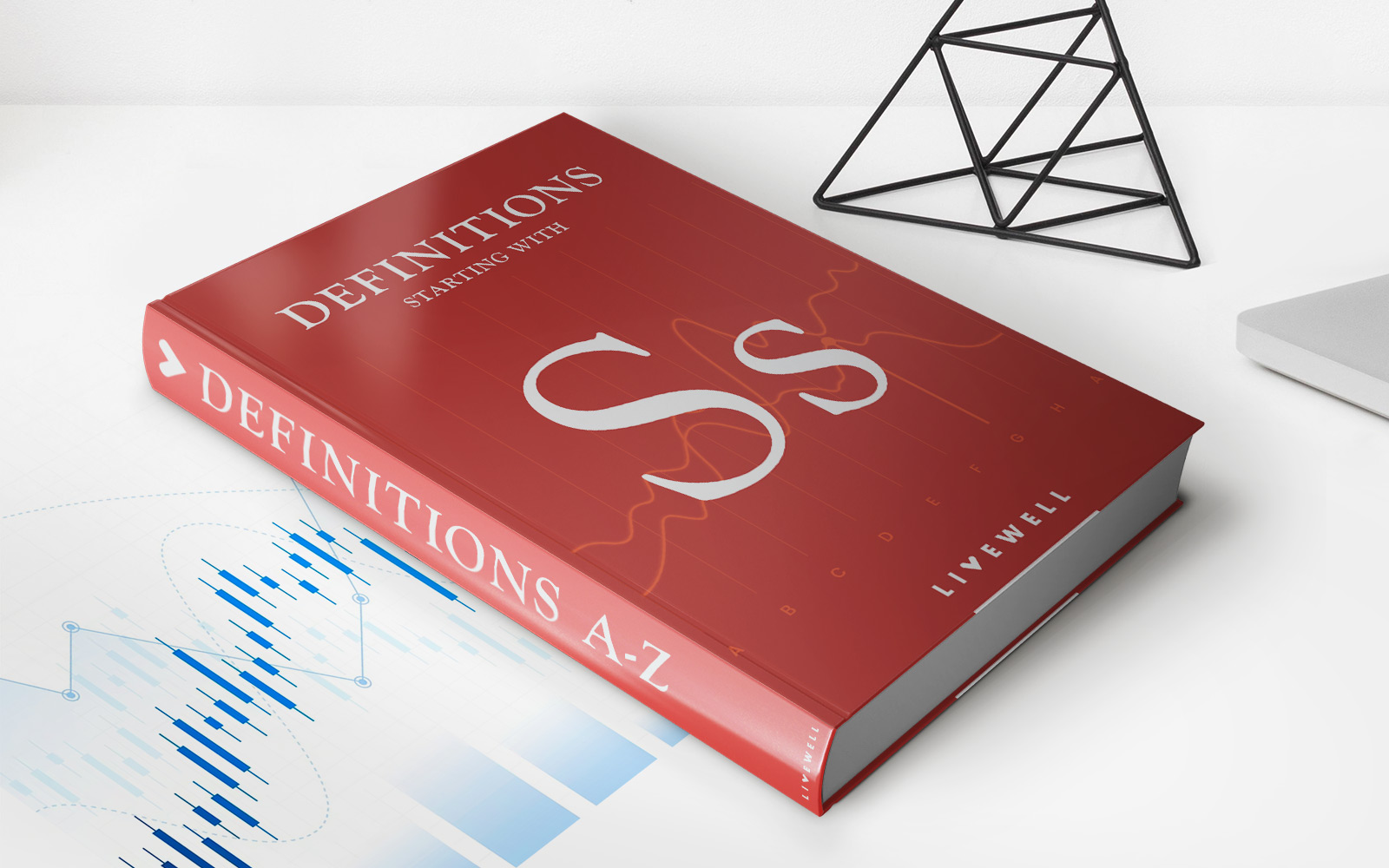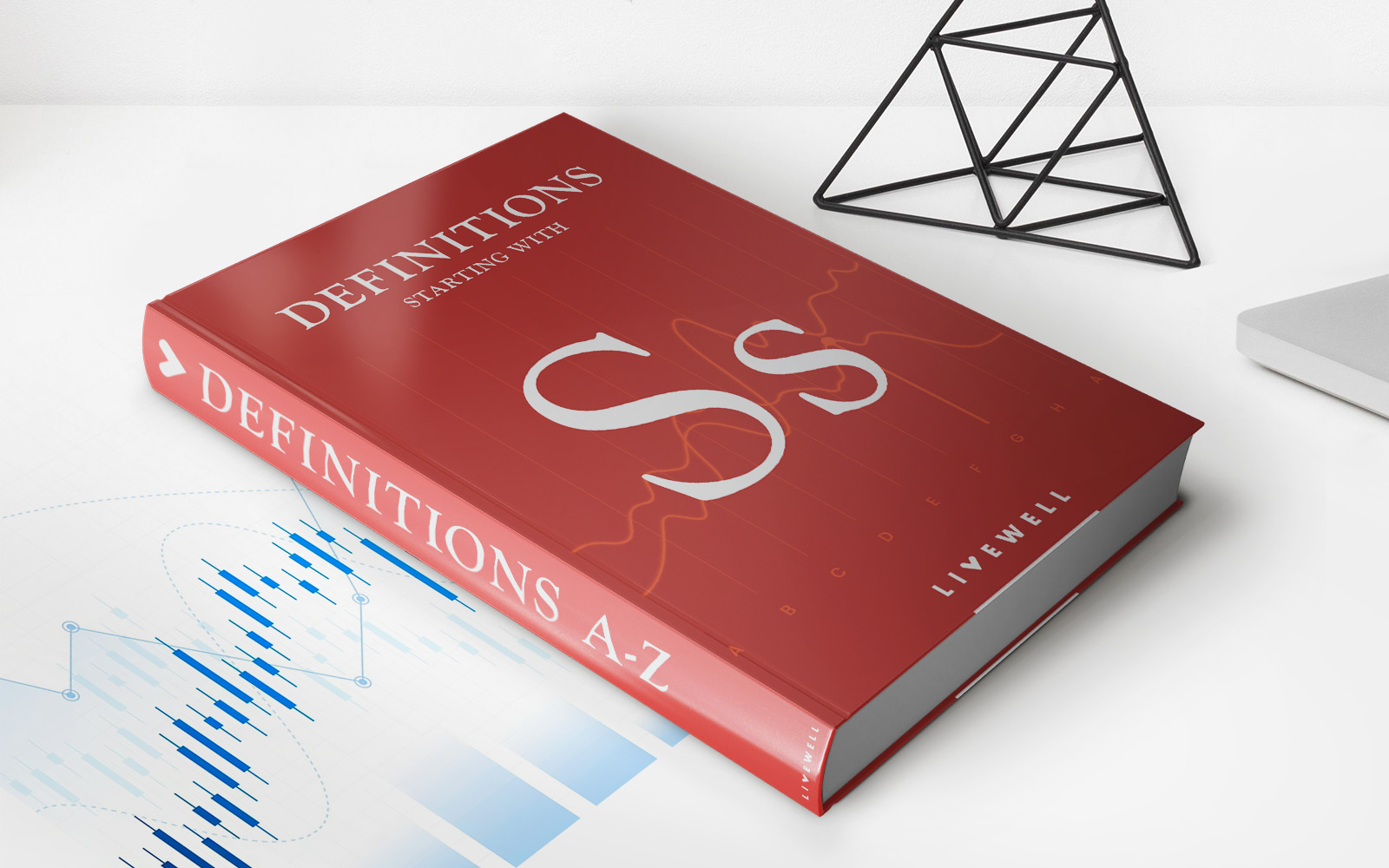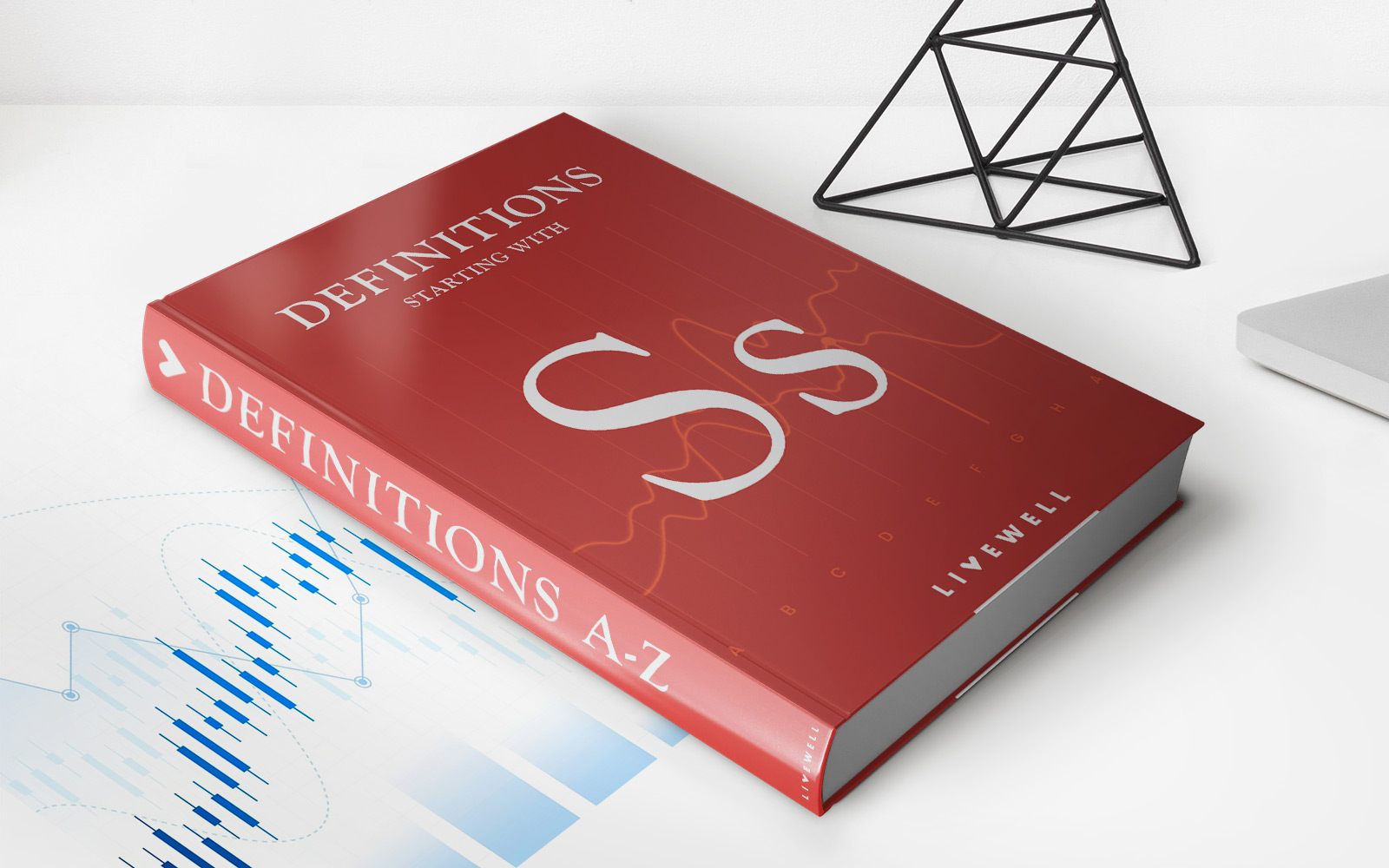

Finance
Short Refinance Definition
Published: January 28, 2024
Looking for a concise explanation of short refinance in the world of finance? Discover the meaning and advantages of this financial term in our comprehensive guide.
(Many of the links in this article redirect to a specific reviewed product. Your purchase of these products through affiliate links helps to generate commission for LiveWell, at no extra cost. Learn more)
Understanding Short Refinance: A Financial Lifeline for Homeowners
Finance can sometimes feel like a tricky world to navigate, especially when it comes to the complexities of mortgages, loans, and refinancing. One term that emerges among these intricacies is “short refinance.” But what exactly is a short refinance, and how can it benefit homeowners? In this blog post, we’ll break it down and provide a comprehensive short refinance definition.
Key Takeaways:
- A short refinance is a mortgage refinancing option that allows homeowners to negotiate a new loan, often with better terms, even if they owe more on their current mortgage than their home is worth.
- This option provides homeowners with the opportunity to avoid foreclosure, reduce their monthly mortgage payments, and potentially improve their overall financial situation.
So, what is a short refinance? Essentially, it is a lifeline for homeowners who are struggling to meet their mortgage obligations due to financial difficulties such as job loss or economic downturns. In a short refinance, the homeowner works with their existing lender or a new lender to negotiate a new mortgage loan that replaces their current one, even if their property value has declined below the outstanding loan amount.
A short refinance can offer several significant benefits, providing homeowners with much-needed relief and stability:
1. Avoiding Foreclosure:
One of the primary advantages of a short refinance is the ability to avoid foreclosure. If homeowners find themselves in a precarious financial situation and are unable to keep up with their mortgage payments, they may be at risk of losing their home. By negotiating a short refinance, homeowners can replace their current loan with a new one that offers lower monthly payments or more favorable terms, helping them stay on track and keep their homes.
2. Reducing Monthly Mortgage Payments:
Another key benefit of a short refinance is the potential to reduce monthly mortgage payments. Through the negotiation process, homeowners may be able to secure a new loan with a lower interest rate, longer repayment term, or both. These adjustments can significantly lower the monthly financial burden and provide homeowners with breathing room to regain their financial stability.
While it’s essential to understand the potential advantages of a short refinance, it’s equally crucial to recognize that it may not be the right solution for everyone. Each homeowner’s financial situation is unique, and it’s advisable to consult with an experienced financial advisor or mortgage professional to determine if a short refinance is the right path to take.
In conclusion, a short refinance can be a valuable option for homeowners facing financial hardships. By renegotiating their mortgage loan, homeowners can potentially avoid foreclosure, reduce their monthly mortgage payments, and improve their financial outlook. If you find yourself in a challenging financial situation, it may be worth exploring the possibilities of a short refinance to gain stability and work towards a brighter future.
